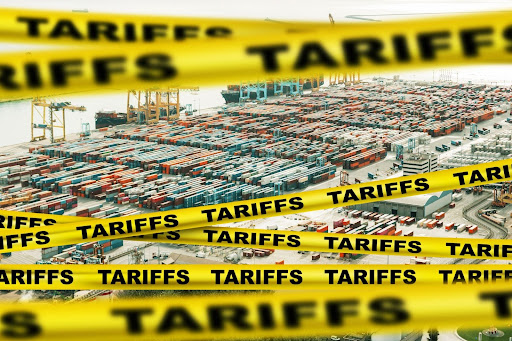 If you’re researching ways to finance your business, you may have heard of merchant cash advances (MCA loans) as well as invoice factoring. Both are alternatives to traditional financing, such as bank loans, and easier to qualify for. Yet they differ in several important ways. Before you decide to do either invoice factoring or take out a merchant cash advance, you should understand some key differences.
If you’re researching ways to finance your business, you may have heard of merchant cash advances (MCA loans) as well as invoice factoring. Both are alternatives to traditional financing, such as bank loans, and easier to qualify for. Yet they differ in several important ways. Before you decide to do either invoice factoring or take out a merchant cash advance, you should understand some key differences.
The following is a comparison of these two types of financing to help clarify matters.
What Are Merchant Cash Advances?
A merchant cash advance is a type of financing that provides businesses with a lump sum of cash in exchange for payments based on estimated future sales. As with loans, you have to pay this money back in monthly installments. Unlike a loan, however, you don’t pay a fixed amount but a percentage of your sales. In other words, your monthly payments vary depending on your sales for that month. If you’re considering a MCA loan for a quick cash flow solution, you should be aware of the pros and cons before making a decision.
Pros and Cons of Merchant Cash Advances
Pros
- You get fast access to cash for your business.
- Your eligibility depends on your typical monthly sales rather than credit. This means you can qualify even if your credit is less than perfect.
Cons
- Interest rates are usually very high. If you don’t read the fine print, you may not realize this as you’re paying a percentage of sales rather than a fixed payment.
- If your monthly sales fall below your average rate, you may have trouble paying off the loan and pay even more in interest. The monthly installments are debited from your bank account and can impact future cash flow causing more harm than good to a business.
How Does Invoice Factoring Compare?
Invoice Factoring differs from a merchant cash advance in that you receive a payment upfront based on actual sales rather than an estimate of future sales.
Advantages of Invoice Factoring
- Like merchant cash advances, you receive cash quickly.
- You don’t need a perfect credit score as the factoring company collects from your clients, not you.
- Lower cost of financing. While merchant cash advances typically come with a very high-interest rate, factoring companies generally charge only a small percentage of invoice totals.
- Less risk than merchant cash advances since there is no loan to repay.
- Invoice factoring companies often offer additional back-office services such as billing and collecting. This saves you time and the hassle of having to chase clients for payments.
What about the cons? Invoice factoring actually has all of the benefits of merchant cash advances as well as some additional ones without any of the drawbacks. However, it should be noted that factoring only works for B2B sales.
Reap the Benefits of Invoice Factoring
As we’ve seen, both a merchant cash advance and invoice factoring can provide you with immediate capital for your business. Only invoice factoring, however, offers you these benefits without drawbacks such as higher risk and steep interest rates.
If you’re looking for a trustworthy source of business financing, Riviera Finance has been offering financial services to businesses for more than 50 years. To learn more about invoice factoring, contact Riviera Finance today.





